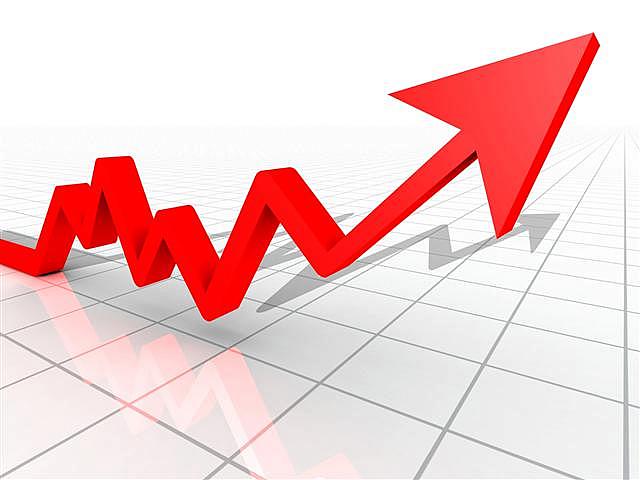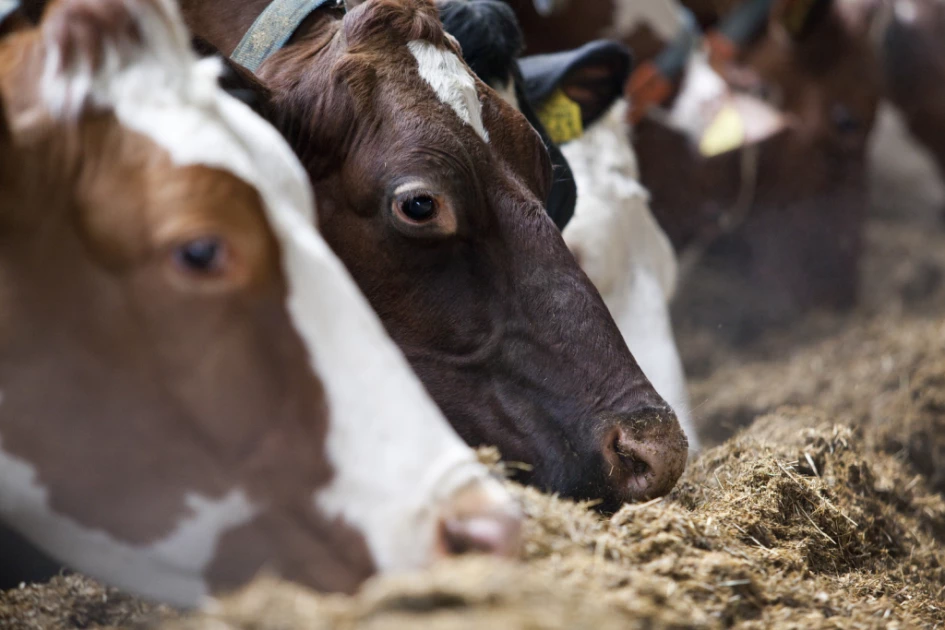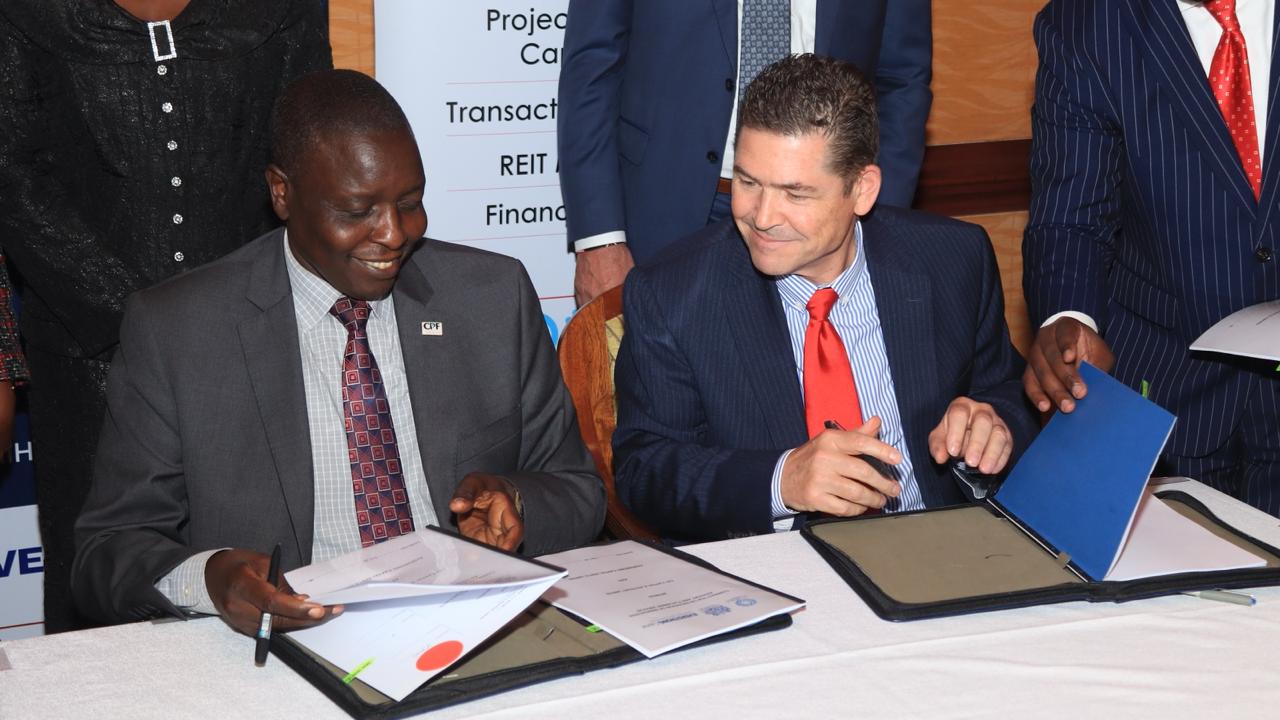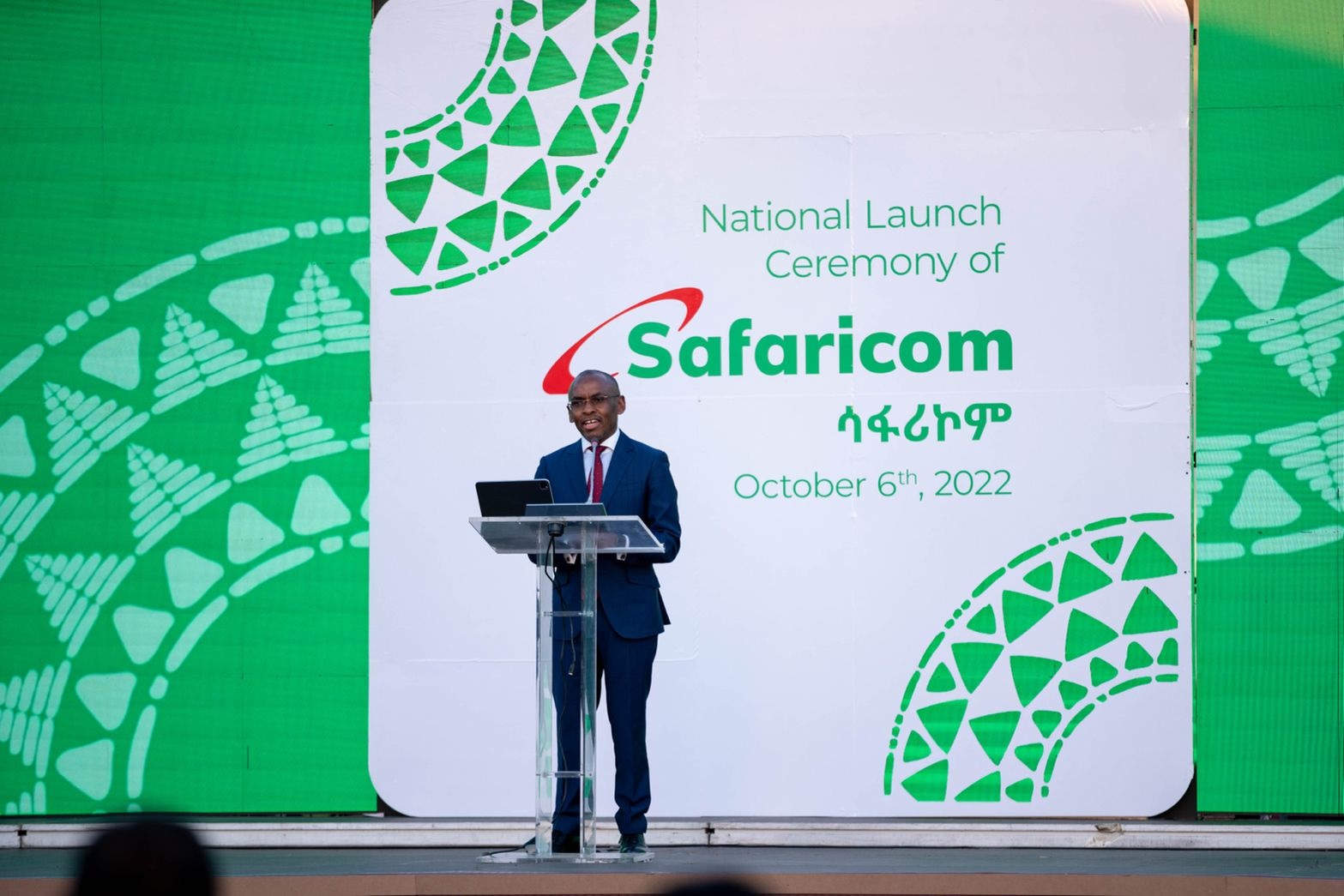- The Daily Brief, by The Kenyan Wall Street
- Posts
- The African Union Goes to the Polls
The African Union Goes to the Polls
Here's what you need to know to start your week

Direct to your inbox every Monday at 9am (EAT)
What's Inside

AUC Elections, and Kenya’s Political Future

Later this week, Africa’s presidents and Heads of Government will gather in Addis Ababa to elect a new African Union Commission Chairperson, in an election that is bound to reshape Kenya’s and the region’s politics for the next few years.
The candidates for the role are Mahmoud Ali Youssouf (Djibouti), Raila Odinga (Kenya) and Richard Randriamandrato (Madagascar).
Among regional pundits, Youssouf ‘won’ the AU Leadership Debate in mid-December because he had a firmer grasp of the regional body’s policies and weaknesses.
But the AUC elections, which involve a lot of horse trading, diplomatic manoeuvres, and regional considerations.
The only definite result is that the next AUC Chairperson will come from the Eastern region of the continent, while Northern Africa will provide the next AUC Deputy Chairperson. Kenya lost the 2017 elections, when it pitted its candidate, Amina Mohamed, against the now outgoing chairperson, Moussa Faki (Chad).
Tellingly, Faki won that election after seven rounds of voting. In the AU structure, voting for the Chairperson is done until only one of the candidates gets a two-thirds majority. To simplify the process, an inconclusive third ballot means subsequent elections are limited to the two candidates who obtained the highest number of votes. The election is suspended if there’s only one candidate on the ballot and he/she does not obtain a two thirds majority.
For Kenya, Odinga’s candidature is not just about national pride. Odinga has been a presidential candidate in every election in the country for the last 28 years, except one. His possible seconding to Addis Ababa would reshape Kenya’s politics and with elections due in 2027, the possibilities of the country’s future. It would, in effect, remove one of the biggest and most resilient politicians from local politics.
His loss, in turn, might have the opposite effect. Wounded from such a prominent loss, his delicate rapport with President William Ruto, which has seen his party second several prominent members to the Cabinet, might be at stake. This would especially be significant if he runs in the 2027 elections against President Ruto.
Stay updated on this and other important news on The Kenyan Wall Street.
“I like the free market - but it very much exists only in textbooks. If I had a choice, and we could live in a very pure world, I would be a supporter of the free markets.”
Will Kenya Pipeline Break NSE’s Listing Dry Spell?

The prospect of Kenya Pipeline Company (KPC) listing on the Nairobi Securities Exchange (NSE) is gaining traction, marking a step in the government’s broader plan to attract private investment into key infrastructure assets.
National Treasury Cabinet Secretary Hon. John Mbadi confirmed discussions on an Initial Public Offering (IPO) during an event at KPC’s Nairobi headquarters, where he received an interim dividend cheque of KSh 3 billion for the half-year ending December 2024.
KPC’s potential listing is expected to inject fresh dynamism into Kenya’s capital markets, which have struggled with declining investor participation and low liquidity in recent years.
If successfully executed, the listing would mirror the success of previous state-backed IPOs such as Safaricom and KenGen, which attracted substantial local and foreign investment.
“Listing KPC on the NSE will not only enable the company to raise capital for its regional expansion and LPG diversification plans but also deepen our capital markets by providing more investment opportunities for Kenyans,” said Mbadi.
Over the past year, KPC remitted a total of KSh 10.5 billion in dividends to the Treasury, making it an attractive candidate for public listing.
Headlines You Might Have Missed
Interview of the Week
Have a great week!






